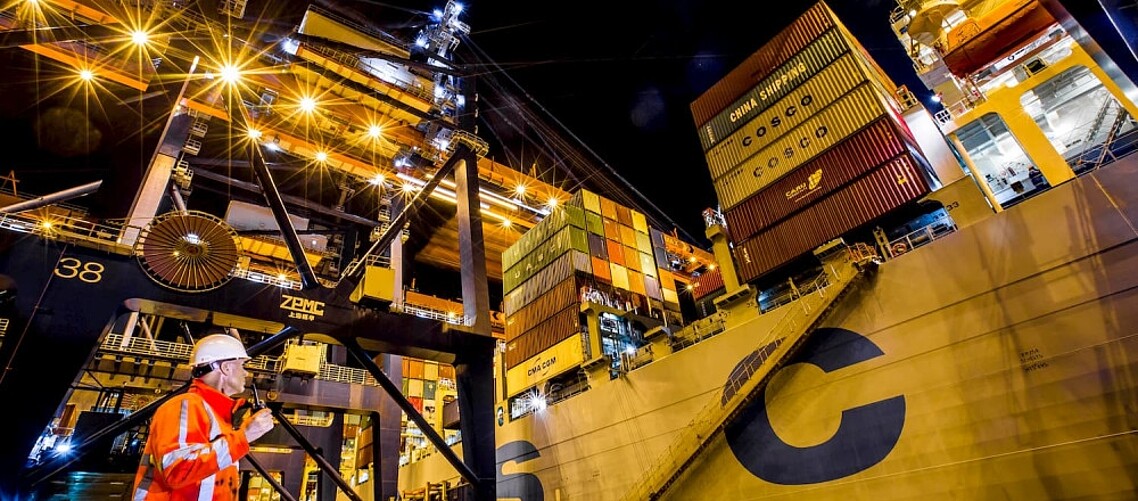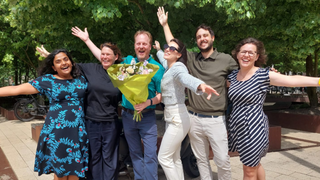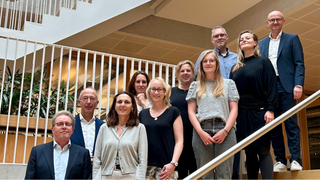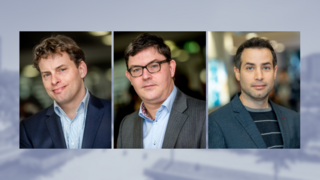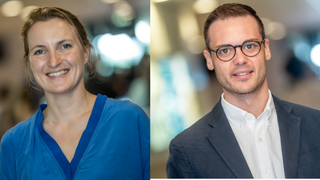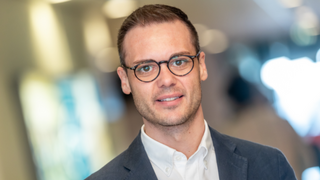The project – entitled Inequality and Automation at the Port of Rotterdam: Exploring Work-time Reduction as a Path to Just Resilience – focuses on preventing the potential job displacement of dockworkers as the effect of current and future automation processes at the Port of Rotterdam. Gallegos coordinates the 10-month research initiative that involves the participation of TU Delft researchers and a wide range of collaborating partners. The consortium will receive €32,813 from Resilient Delta for this project.
Port automation on a global scale
Concerns are rising in the Netherlands about the impact of automation. The Port of Rotterdam employs 180,000 people, making up 19 percent of the entire workforce in the Rotterdam Rijnmond region. According to projections, increasing automation could lead to a 25 percent reduction in job numbers within the Dutch maritime sector, while on a global scale, an 8.2 percent reduction in jobs is expected in the port sector.
Although the Port's workforce is diverse regarding roles and qualifications, many low-skilled workers are at risk of being replaced by automation: 27 percent of dock work globally is already automated, which could rise to 85 percent by 2040. Given these predictions, this proposal focuses on the potential job displacement of dockworkers as the effect of current and future automation processes at the Port of Rotterdam.
Towards a fair resilience
Gallegos: “We aim to provide a comprehensive understanding of how automation impacts workforce dynamics, with the ultimate goal of preventing job displacement in the Port of Rotterdam. . For this, we’ll investigate the societal effects of automation with a crucial question: How are the benefits and costs of automation distributed among different stakeholders within the Port of Rotterdam? As part of the research, we will also explore the potential of working time reduction policies as an alternative to prevent job displacement while ensuring that the productivity gains derived from automation are distributed in a just manner.”
José Luis Gallegos
Researcher José L. Gallegos is completing his third year of the Organisational Theory track of his Management PhD at RSM and the Erasmus Research Institute of Management (ERIM). With a background in Political Science and Public Administration, his research explores the evolution of worktime trends and the conditions in which automation and technological advancements lead to societal worktime reductions.
Convergence alliance
Within the Convergence alliance, Erasmus University, Delft University of Technology, and Erasmus MC are committed to combining their strengths, knowledge, and methods to address societal challenges such as climate change, sustainability, pressure on the healthcare system, urbanisation and digitalisation through education and research. For these challenges, they collaborate with local public and private partners, using the region as a living lab.
